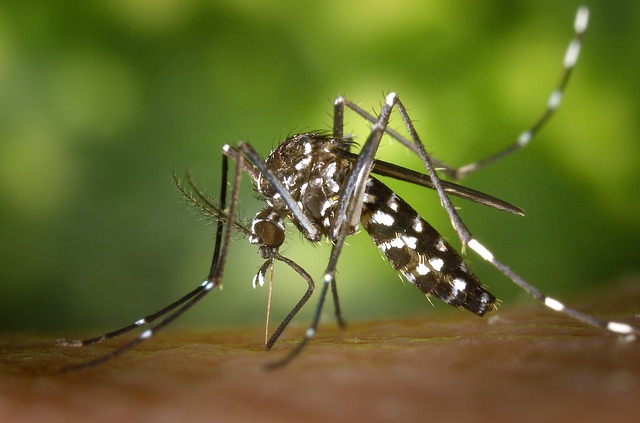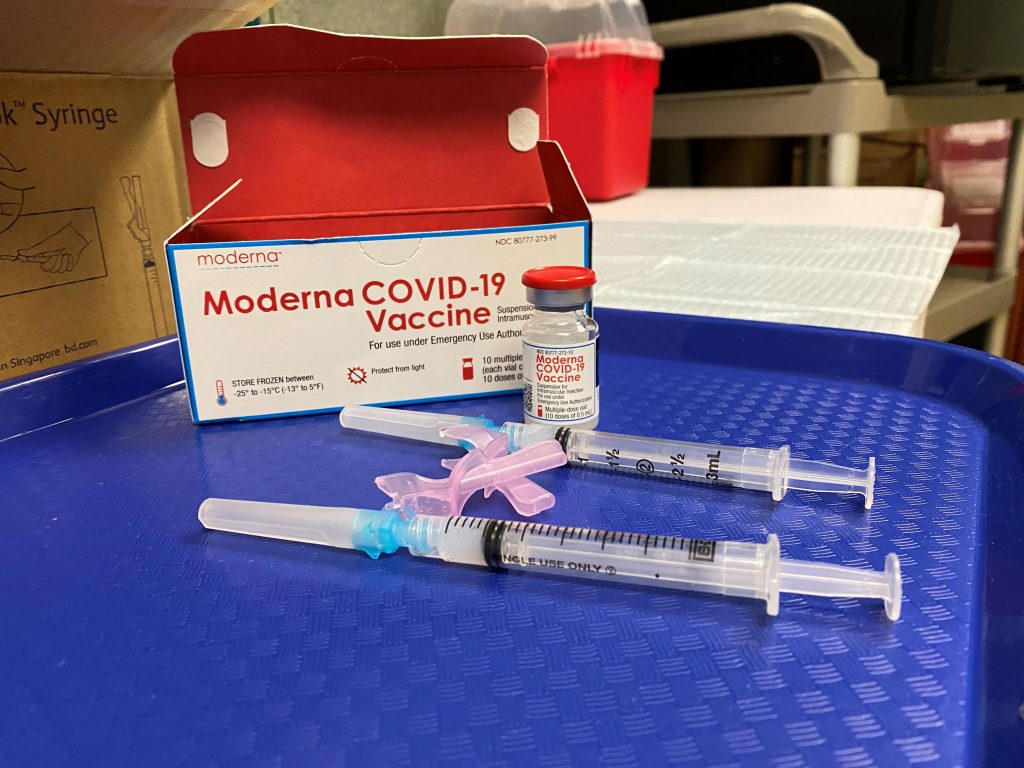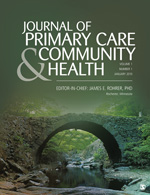
A virology journal has retracted and replaced a 2021 article on mosquito-borne infections in Africa after one of the authors identified errors in the publication — an episode that has prompted a change in practice at the journal to avoid similar issues in the future.
The article, “Mosquito-borne arboviruses in Uganda: history, transmission and burden,” was written by a group in the United Kingdom and Uganda and appeared in the Journal of General Virology last June.
According to the retraction notice:
Continue reading ‘We have done a terrible job’: Journal retracts, replaces paper on mosquito-borne infections




